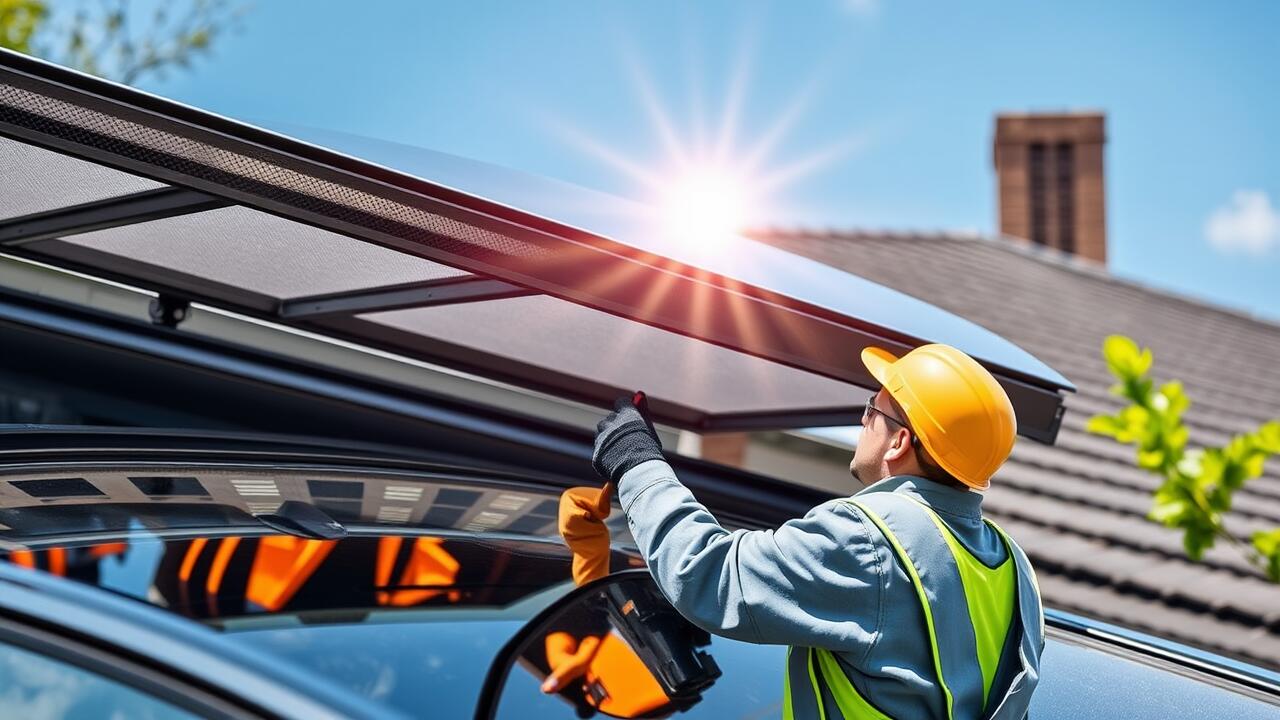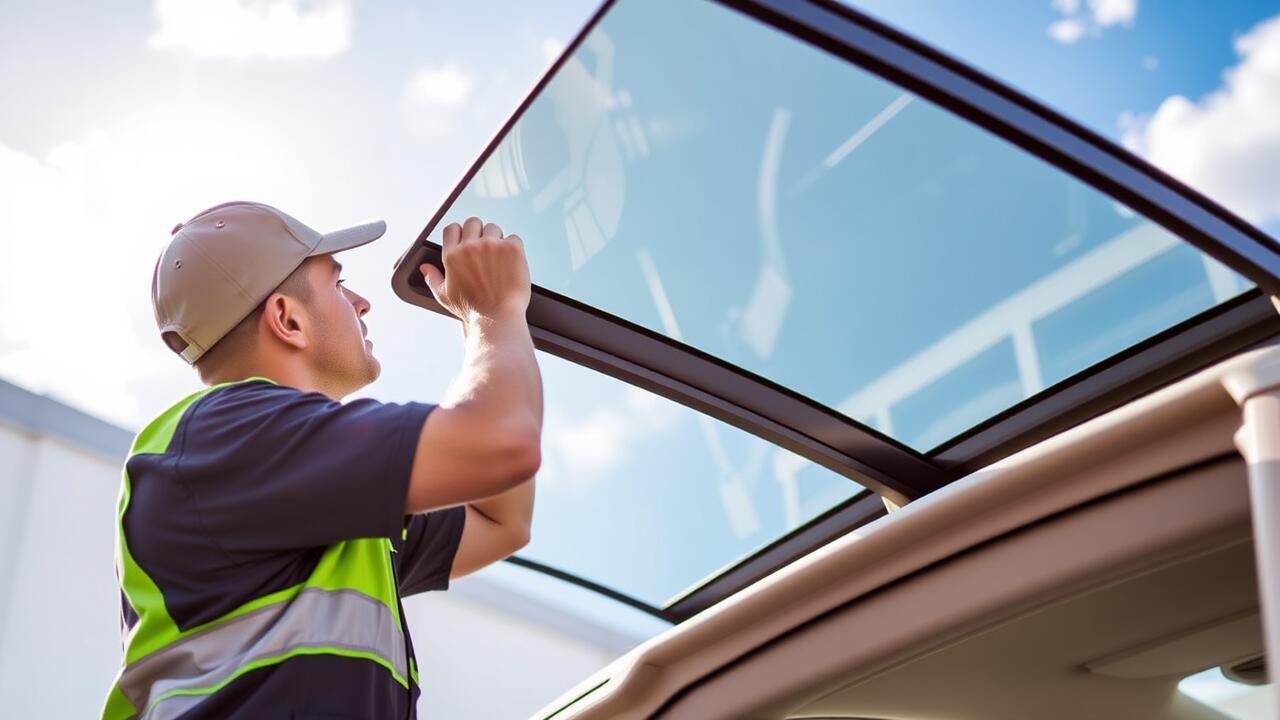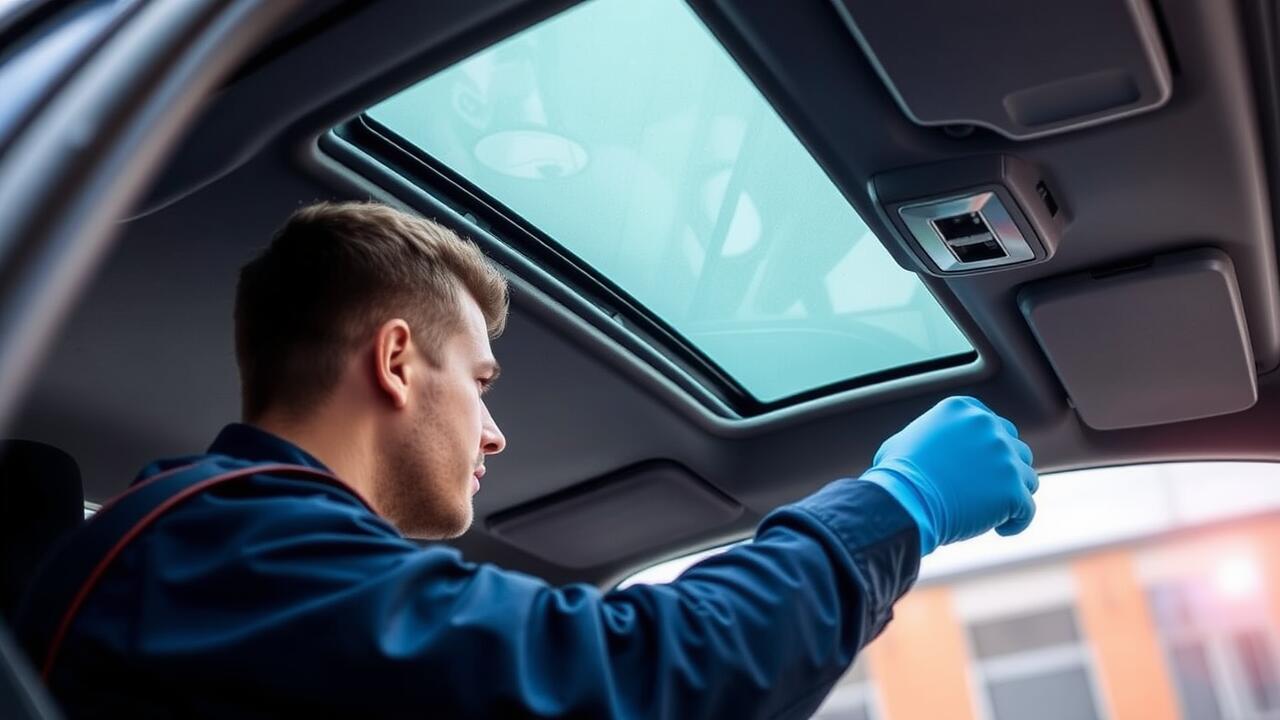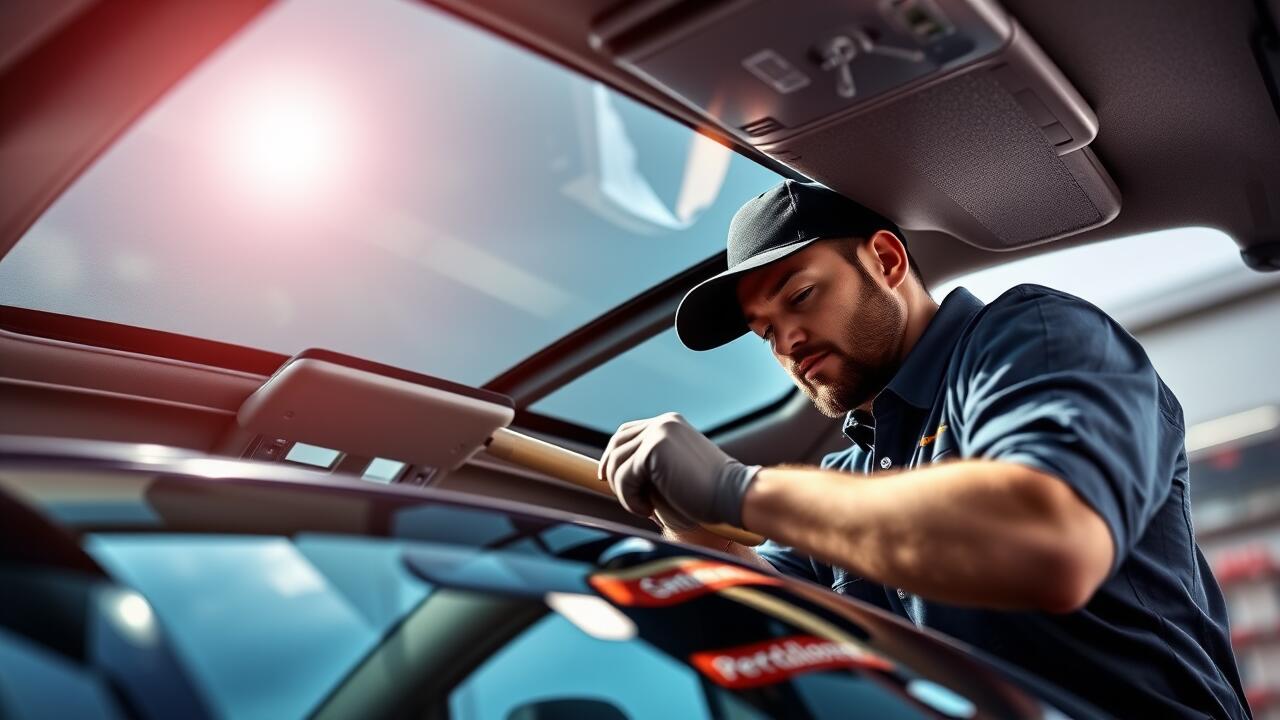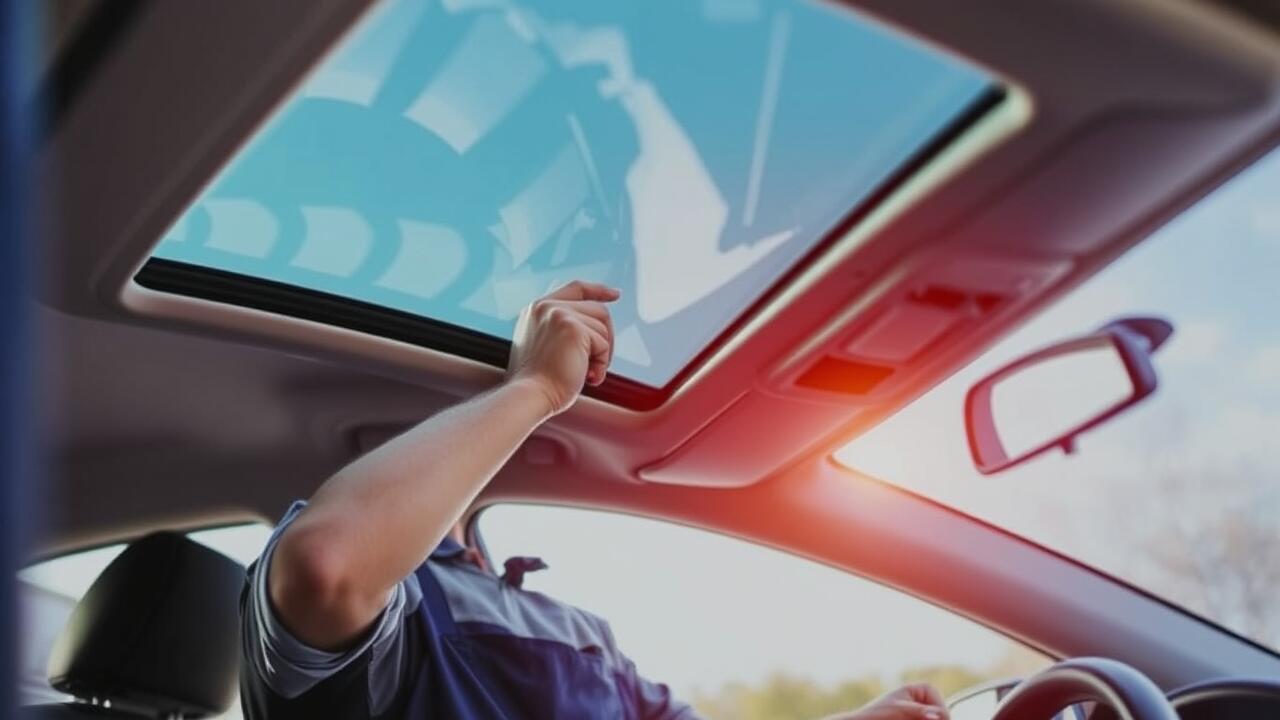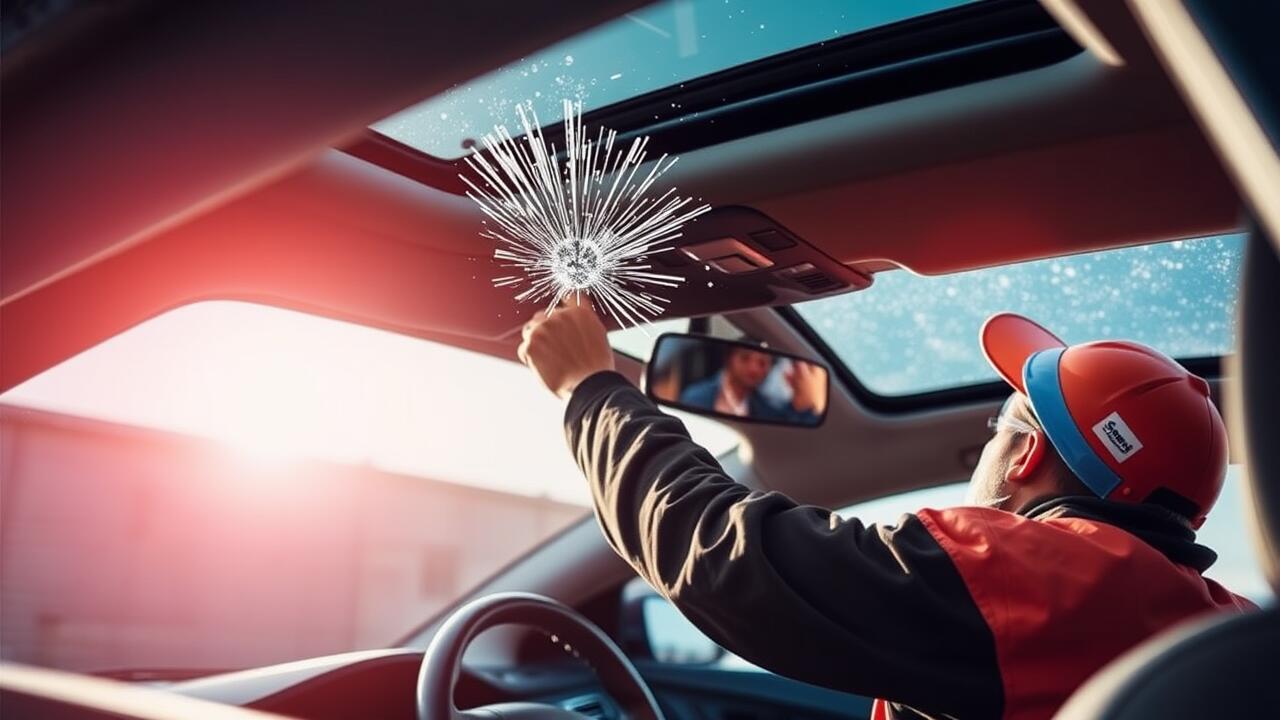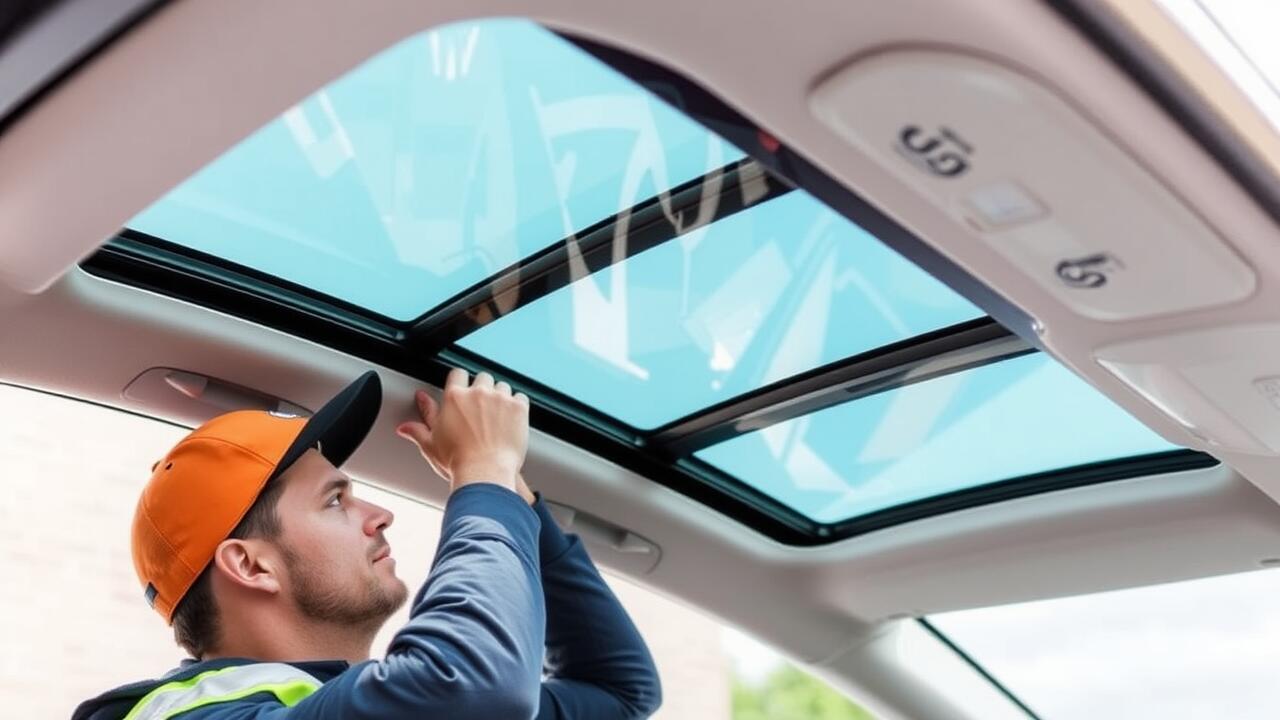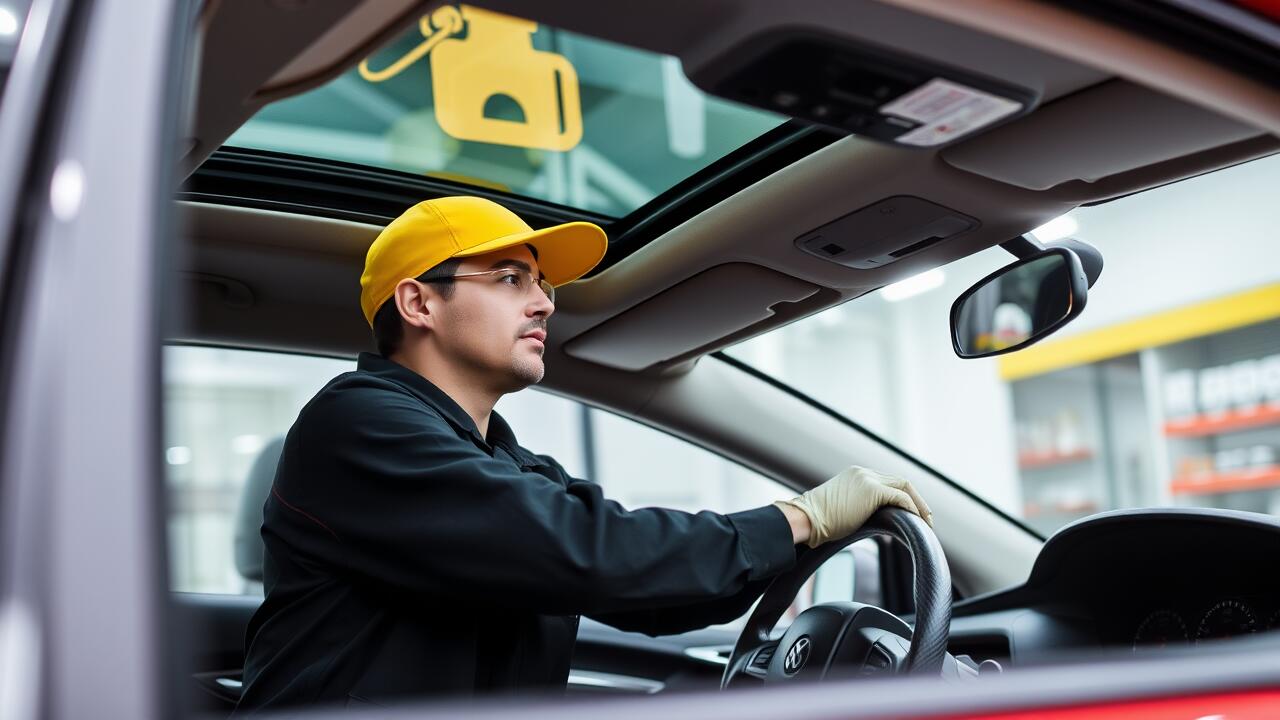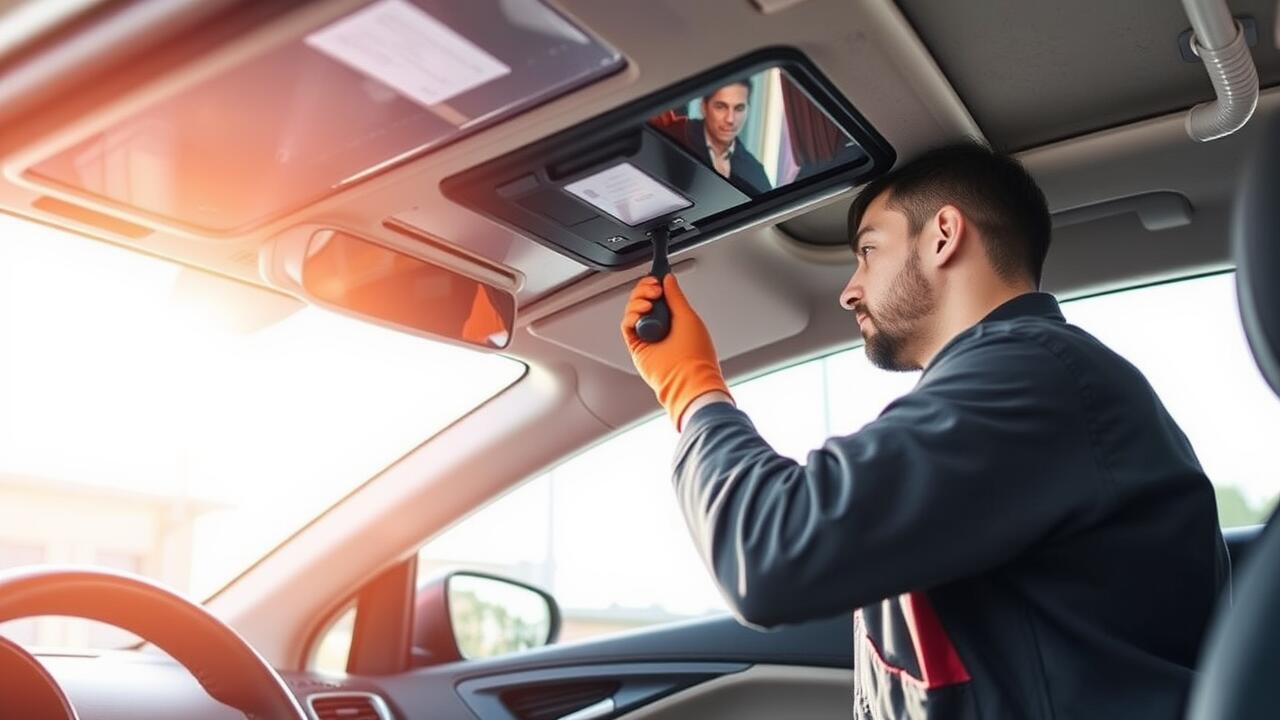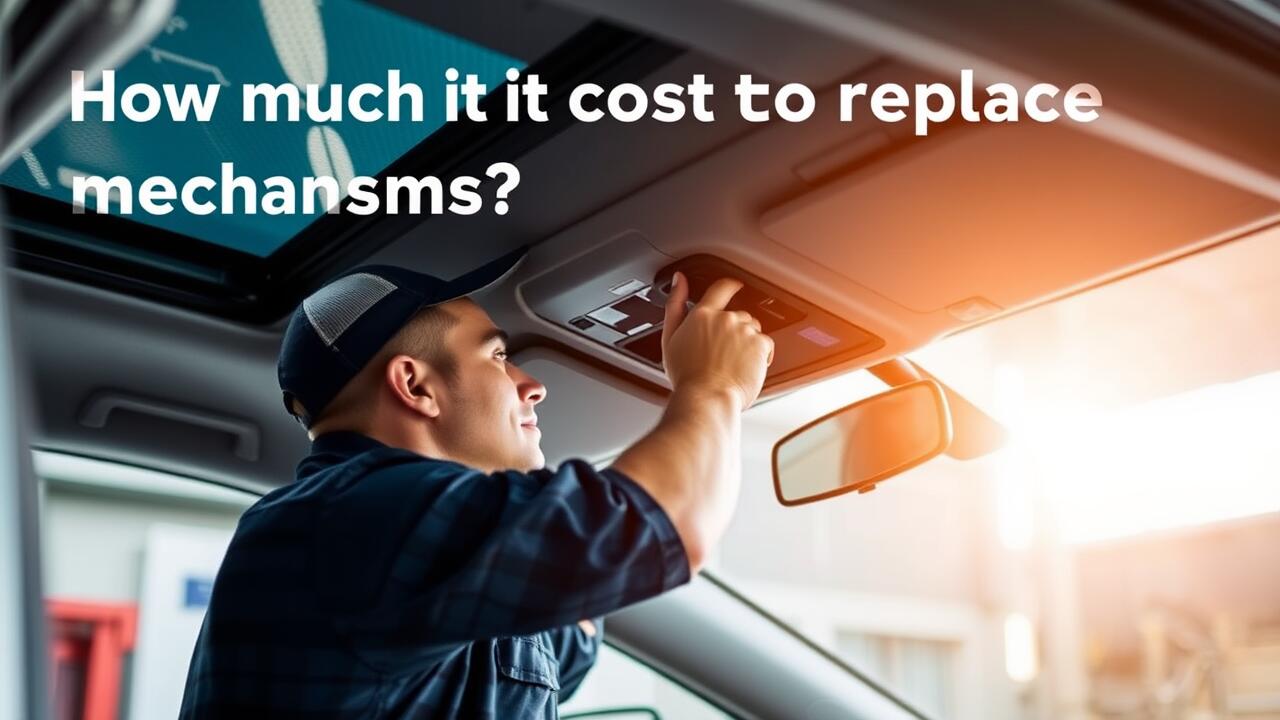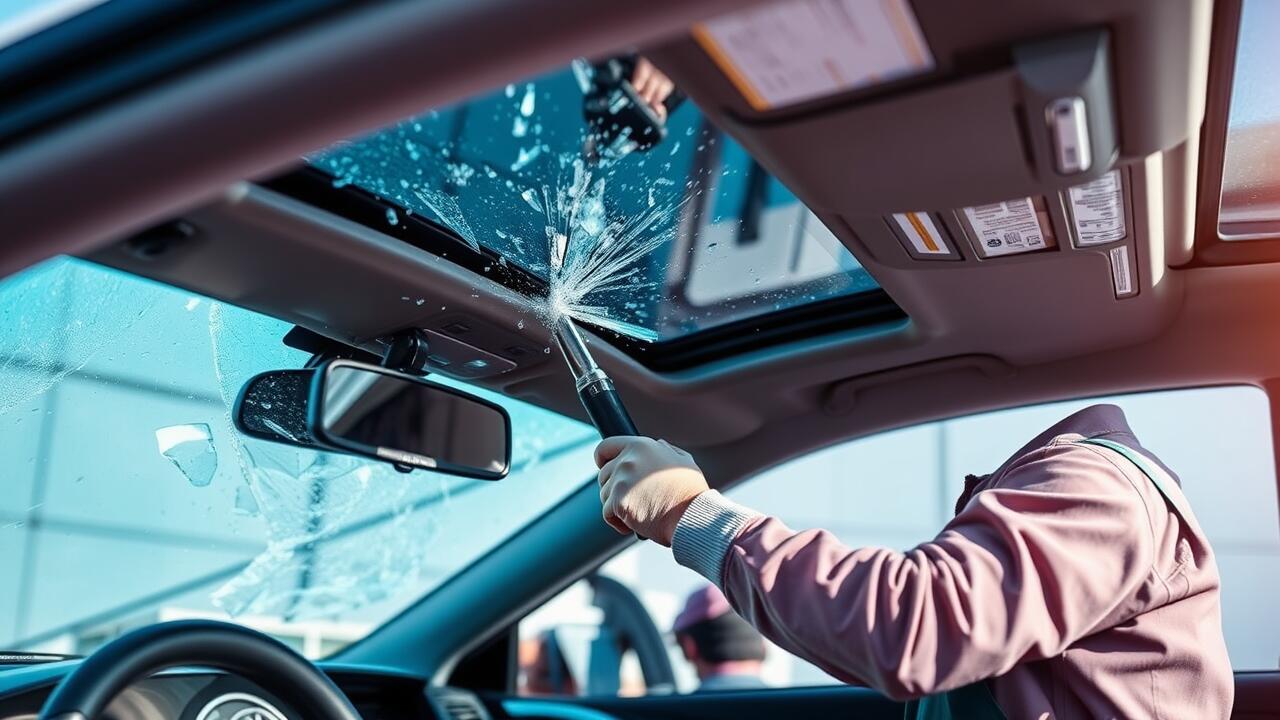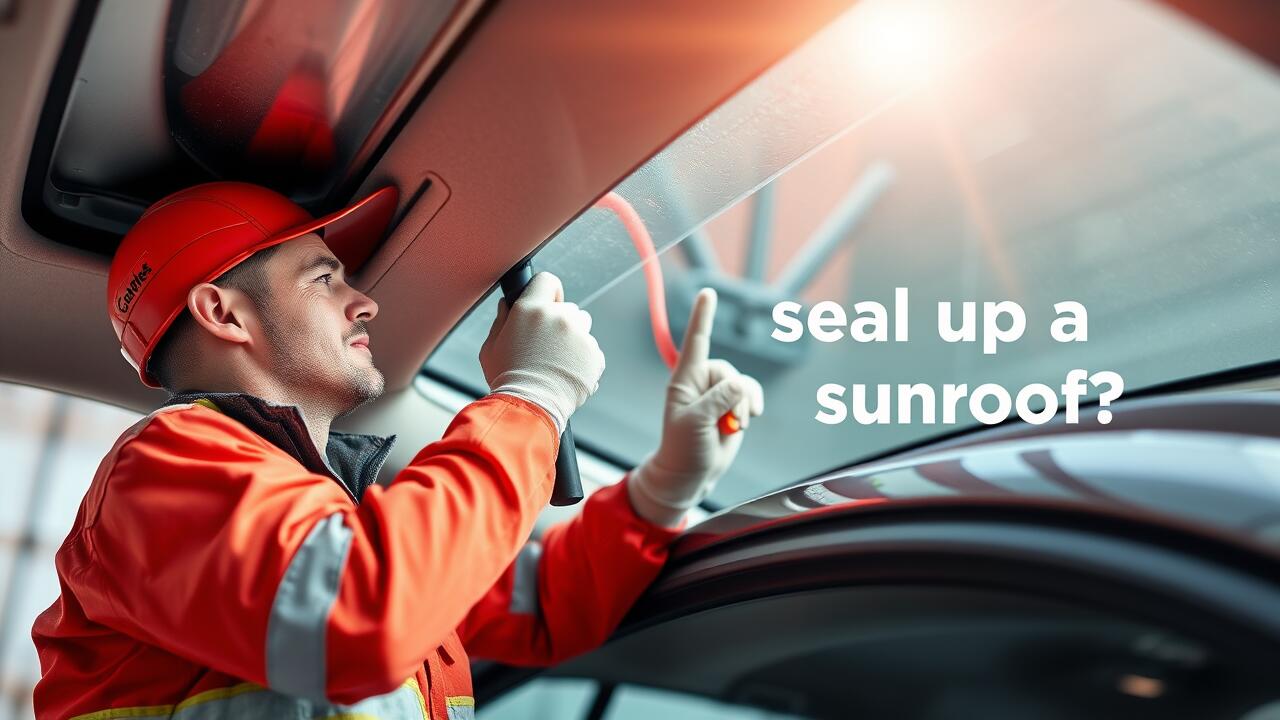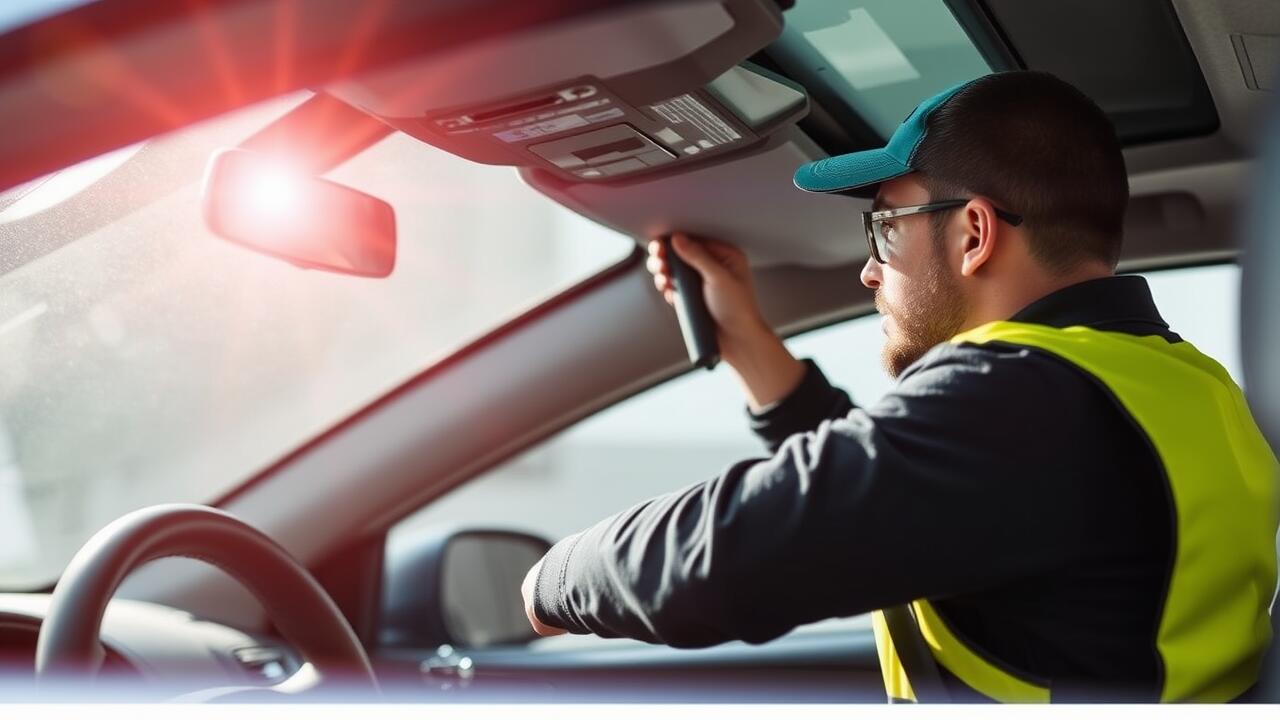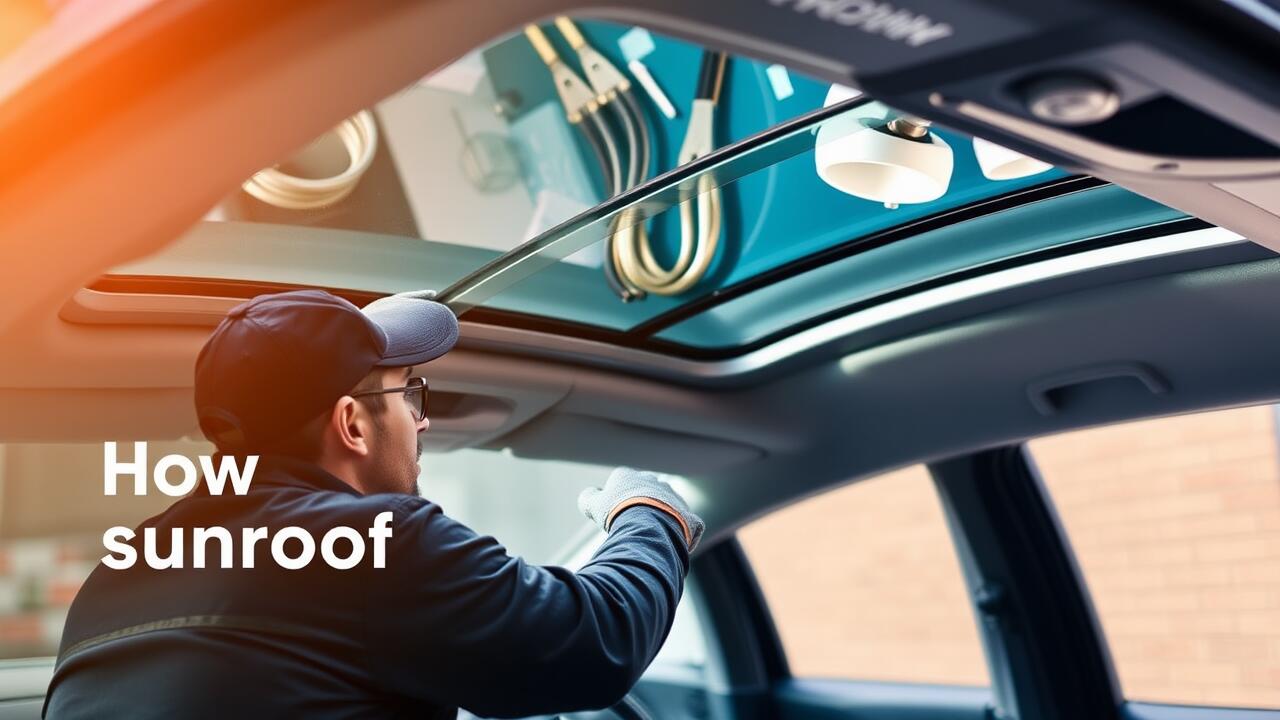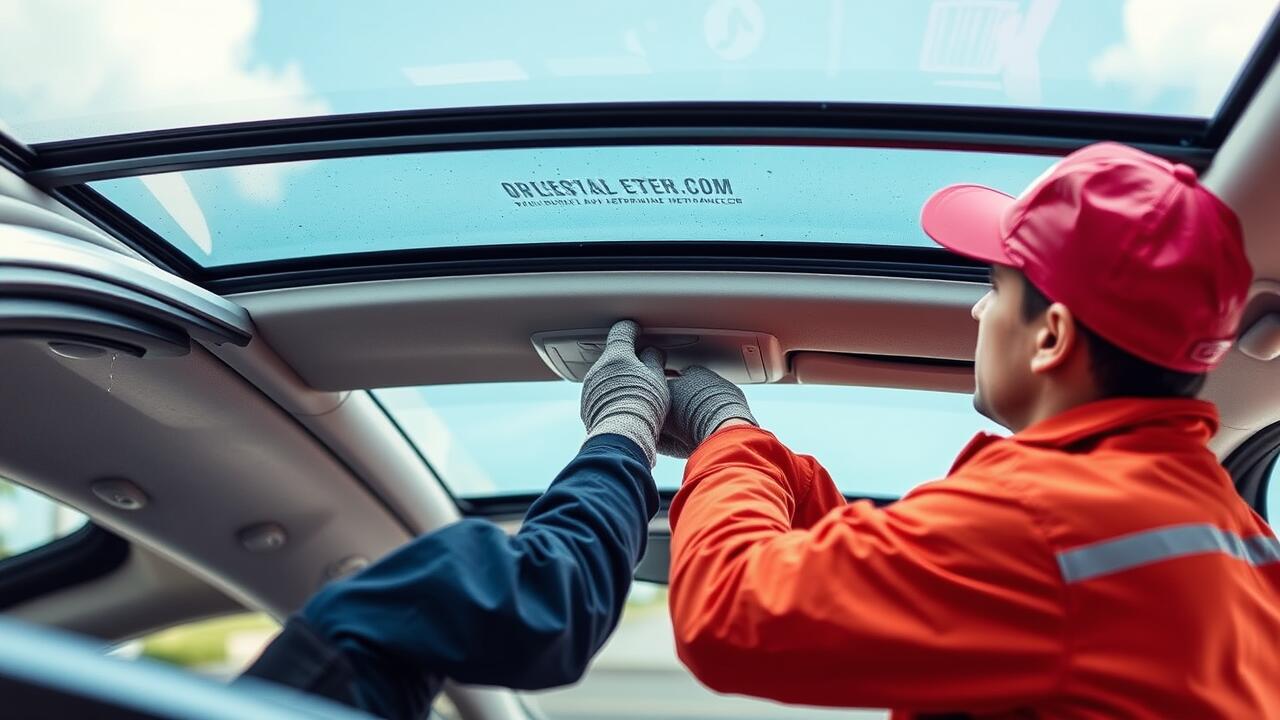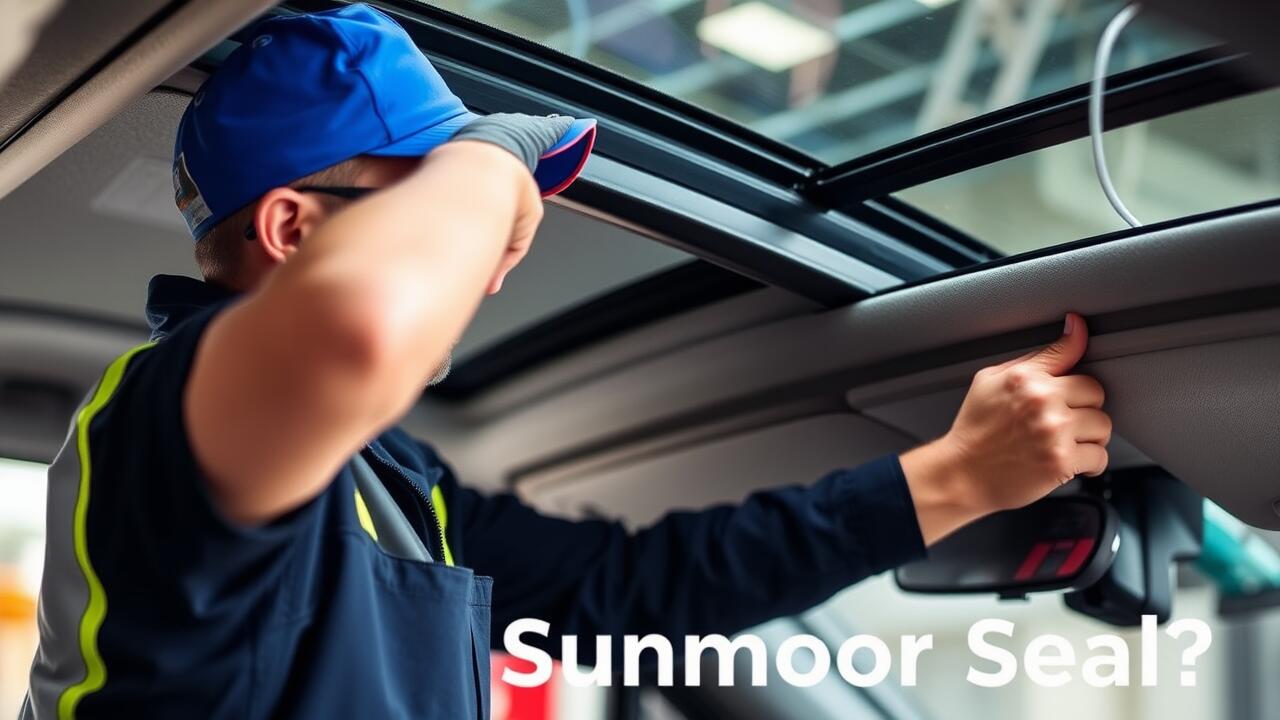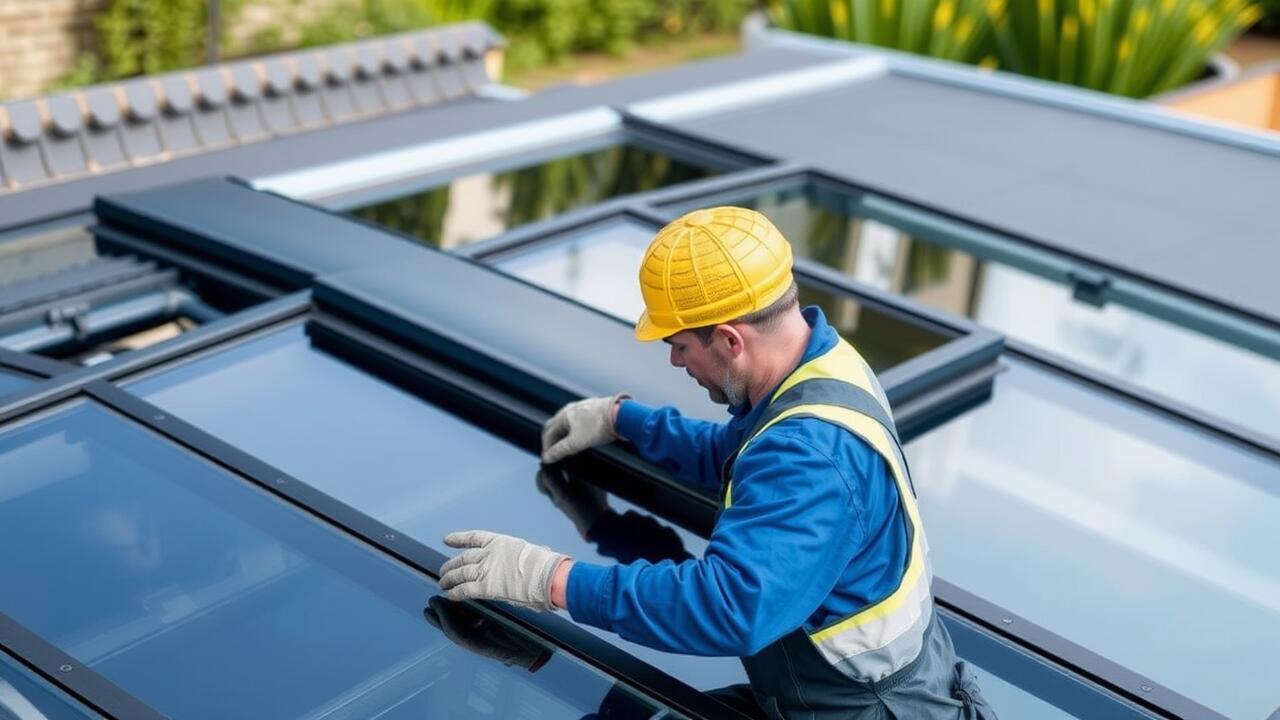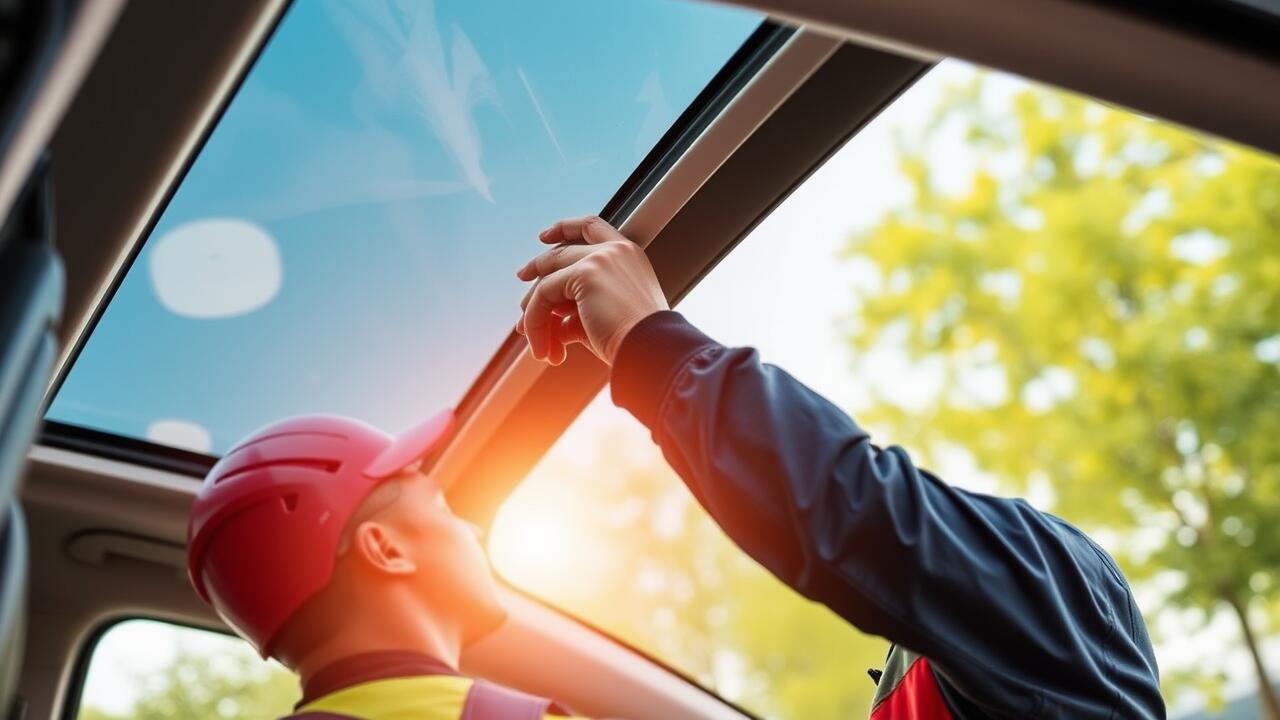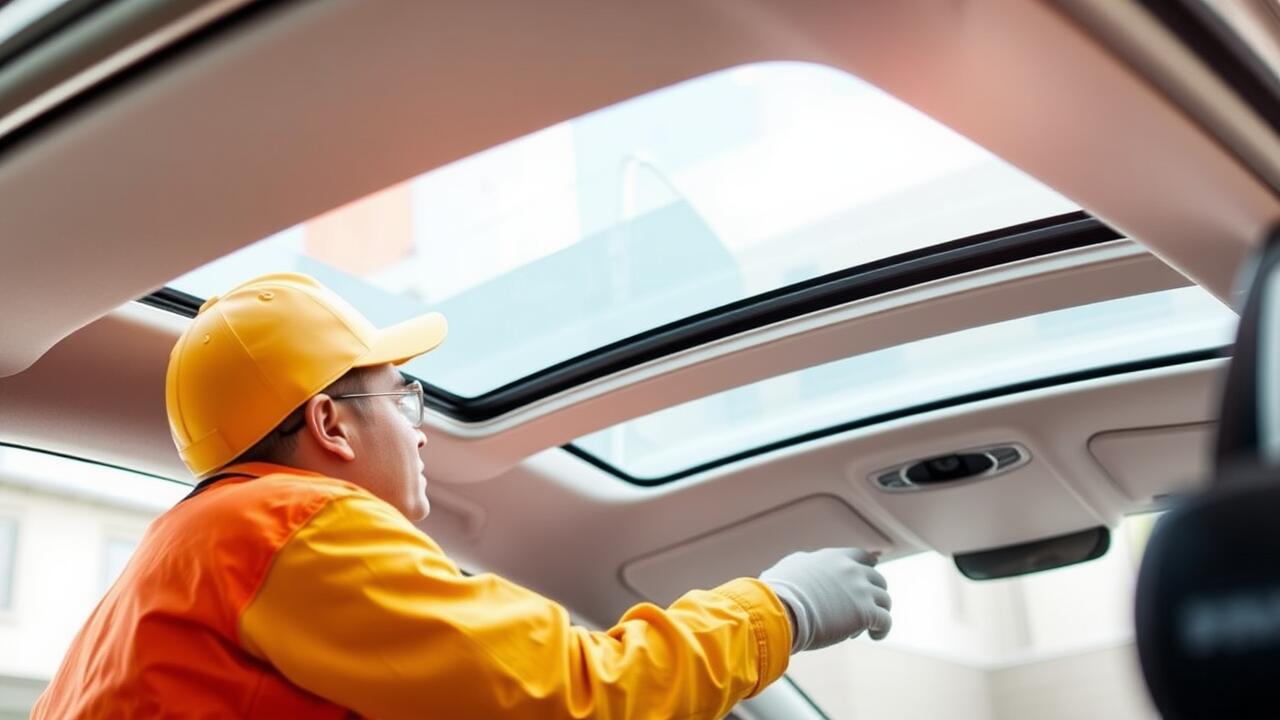
Table Of Contents
Climate Considerations
When considering the addition of a sunroof to a vehicle, climate plays a significant role in its practicality and enjoyment. In warmer climates, a sunroof can provide a refreshing way to circulate air throughout the cabin while driving. The open window effect can be particularly pleasant on a sunny day, allowing light to flood the interior and enhancing the overall driving experience. However, the intense heat from the sun can sometimes lead to discomfort, making it essential for manufacturers to design sunroofs with features that help reduce heat build-up, such as tinted glass or sunshades.
Areas experiencing heavy rainfall or snowfall may see sunroofs as a liability rather than an asset. Water leaks can pose a significant concern, especially as seals deteriorate over time. In some cases, this may lead to the need for sunroof replacement, adding to the owner’s maintenance costs. Additionally, extreme weather conditions can cause stress on the sunroof's materials, potentially compromising its structural integrity. It is critical for prospective car buyers to evaluate their local climate patterns when deciding whether a sunroof is a worthwhile addition to their vehicle.
Sunroof Performance in Different Weather
Weather conditions can significantly impact the performance of sunroofs. In hot climates, a sunroof can provide a refreshing breeze, reducing reliance on air conditioning. However, excessive heat can lead to overheating, making cars uncomfortable during prolonged exposure to sunlight. In contrast, during rainy or snowy seasons, a sunroof may risk leaks if not sealed properly or maintained. Driving in inclement weather with an open sunroof can also lead to potential water damage inside the vehicle.
When considering a sunroof, the possibility of sunroof replacement is an important factor. Over time, wear and tear can affect the mechanism and sealing of the sunroof. If not addressed, issues like cracks or faulty openings may arise, which can compromise usability and safety. Vehicle owners should be aware that regular maintenance plays a crucial role in ensuring the sunroof remains functional and effective across various weather conditions.
Safety and Structural Integrity
When considering the inclusion of a sunroof in a vehicle, safety and structural integrity are paramount. A well-designed sunroof should not compromise the vehicle's overall strength. Manufacturers conduct extensive testing to ensure that the structure surrounding the sunroof can handle forces from collisions and rollovers. Proper installation is crucial; any misalignment or improper sealing can lead to potential weaknesses.
Sunroof replacement becomes a critical topic when addressing wear and tear over time. Cracks or leaks can develop, affecting both the performance and safety of the vehicle. A compromised sunroof may introduce risks such as cabin leaks, which can lead to electrical malfunctions or rust. Regular inspections can help detect issues early, allowing for timely interventions that enhance safety and maintain the vehicle's integrity.
Evaluating Potential Risks with Sunroofs
Sunroofs, while desirable for their aesthetic and functional benefits, carry certain risks that potential buyers should consider. One of the primary concerns relates to the mechanical components that can fail over time. If these parts break, issues may arise that complicate operation, leading to unexpected closures or leakage during rainfall. Furthermore, if a sunroof is damaged due to an accident or environmental factors, sunroof replacement can be necessary, which can be an expensive repair.
In addition to mechanical failures, safety hazards present challenges for sunroof owners. A sunroof can increase the risk of injury if it shatters, especially in high-impact situations. While advancements in materials have made many sunroofs more resistant to breaking, the risk remains, particularly for those who live in areas prone to severe weather. Understanding these potential risks helps buyers make informed decisions about sunroof installations.
User Experience
Many car owners appreciate the open-air feeling a sunroof brings. It enhances the driving experience, allowing more light into the cabin and a fresh breeze on pleasant days. Testimonials often highlight how this feature can elevate a mundane drive into something more enjoyable. Users frequently mention the aesthetic appeal, stating that a sunroof can add a touch of luxury to their vehicle.
However, some drivers share concerns about potential issues related to sunroof performance. Problems can arise over time, with leaks becoming a common complaint. This leads to considerations regarding sunroof replacement, which can be costly and inconvenient. Experiences vary widely, with some owners insisting that the added enjoyment outweighs any maintenance concerns, while others suggest that the risk may not justify the initial appeal.
Owner Testimonials and Feedback
Many car owners express a mix of emotions when it comes to their sunroofs. Some appreciate the added light and open-air experience, especially during pleasant weather. They often describe drives with the sunroof open as refreshing, bringing a sense of freedom that enhances their overall enjoyment of the vehicle. Others, however, have experienced issues with leaks, particularly after heavy rain, leading to costly sunroof replacements. These negative experiences can overshadow the positive aspects for some drivers.
Feedback on sunroof functionality is varied, with some users highlighting the aesthetic appeal and modern feel they provide. Others stress the importance of reliability, indicating that regular maintenance is crucial to avoid problems. For those who encountered issues, the process of sunroof replacement can be both frustrating and expensive. Owner testimonials illustrate a broader narrative where personal satisfaction with sunroofs often depends on individual expectations and the performance of the specific vehicle model.
FAQS
What are the main benefits of having a sunroof in a car?
The main benefits of having a sunroof include increased natural light in the cabin, enhanced ventilation, and a more open feel while driving. Sunroofs can also provide a pleasant driving experience during nice weather.
Do sunroofs affect a car's safety?
While sunroofs can slightly alter the structural integrity of a vehicle, manufacturers design them to meet safety standards. However, it's essential to consider the potential risks, such as leaks or the possibility of the sunroof shattering in an accident.
How does weather impact sunroof performance?
Weather can significantly impact sunroof performance. In hot climates, sunroofs can let in extra heat, potentially making the car uncomfortable. In rainy or snowy conditions, they may allow moisture to enter if not properly sealed.
What do car owners generally think about having a sunroof?
Many car owners appreciate the added light and ventilation that sunroofs provide; however, some express concerns about maintenance, potential leaks, and the extra costs associated with repairs.
Are there any maintenance issues associated with sunroofs?
Yes, sunroofs can require maintenance, such as ensuring the seals are intact to prevent leaks and cleaning the sunroof tracks to ensure smooth operation. Regular checks can help prevent more significant issues down the line.
